Looking for the right Linux engineer for your team can be a really hard task. Linux professionals have a vital role in handling server infrastructures, developing applications, and maintaining robust system security. As demand for these experts rises, ensuring that candidates have the necessary skills is essential. In this guide, we’ll learn the top skills Linux developers need, how to assess those skills using OnlineExamMaker, and actionable tips to create a professional Linux coding skills assessment.
- What Are the Best Skills for Linux Developers?
- How to Assess Linux Skills Using an Online Exam in OnlineExamMaker?
- 5 Tips to Create A Professional Linux Coding Skills Assessment
What Are the Best Skills for Linux Developers?
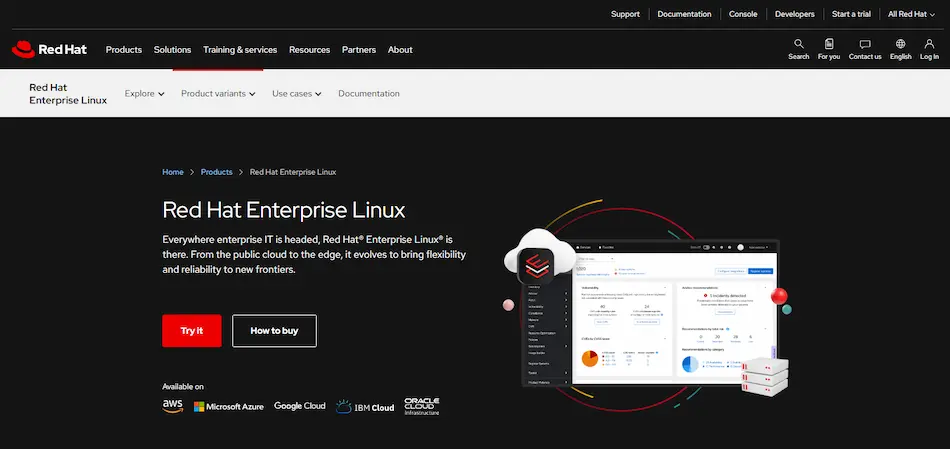
Linux developers require a blend of technical and problem-solving abilities to thrive in their roles. Here are the key skills to look for:
1. Proficiency in Linux commands
Linux engineers must be adept at using terminal commands for file manipulation, process control, user management, and system monitoring. Mastery of commands like grep, awk, and sed is particularly valuable.
2. Scripting skills
Fluency in shell scripting (e.g., Bash) and experience with languages like Python or Perl is essential for automating repetitive tasks and streamlining system operations.
3. Networking knowledge
Understanding TCP/IP protocols, DNS, firewalls, and load balancing is critical for managing Linux-based networks. Candidates should also be familiar with tools like netstat and tcpdump.
4. System administration
Linux engineers usually handle server setup, software installation, and system updates. Having the experience on package managers (e.g., apt and yum) and system monitoring tools (e.g., Nagios or Zabbix) is an essential.
5. Troubleshooting and problem-solving
Strong analytical skills and the ability to diagnose and resolve problems, may it be related to performance, security, or application errors, are indispensable for Linux developers.
6. Knowledge of DevOps tools
Familiarity with DevOps practices and tools like Docker, Kubernetes, and Ansible adds significant value, especially for organizations with CI/CD pipelines.
How to Assess Linux Skills Using an Online Exam in OnlineExamMaker?
OnlineExamMaker provides an excellent platform for evaluating Linux skills remotely. Here’s how to design a skills assessment tailored to Linux developers:
Create Your Next Quiz/Exam with OnlineExamMaker
Step 1. Summary the core skills to evaluate
Start by identifying the technical competencies required for the role. Are you testing for proficiency in scripting, networking, or DevOps tools? This clarity helps you create targeted and relevant questions.
Step 2. Use diverse question formats
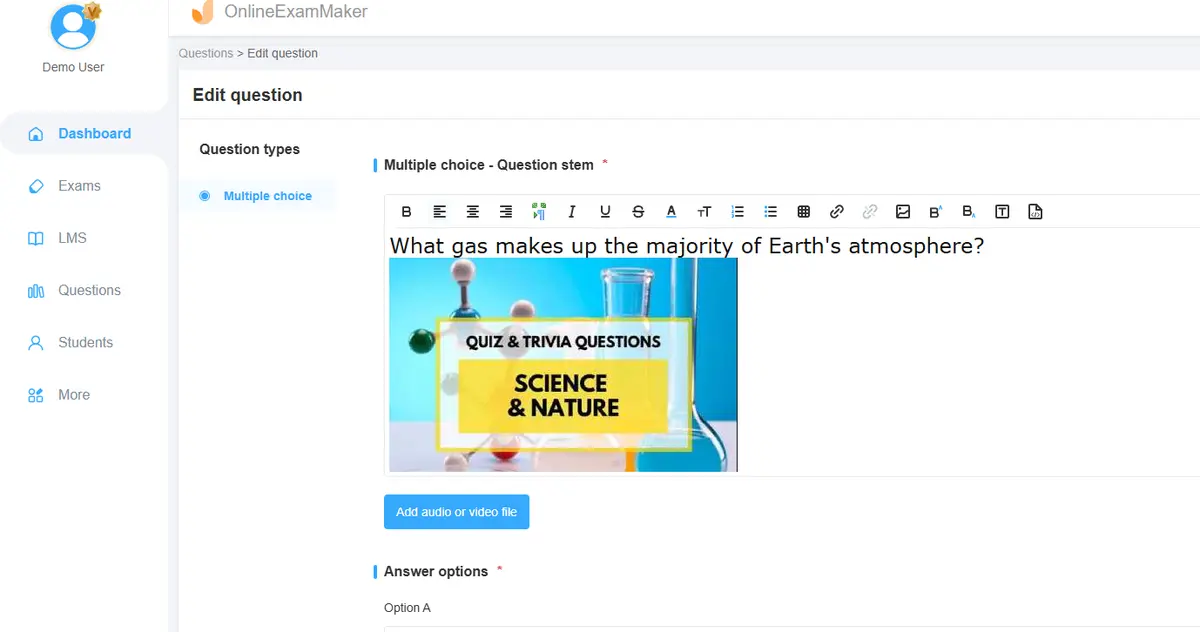
OnlineExamMaker supports multiple question types, allowing you to test candidates comprehensively:
• Multiple-Choice Questions: Test theoretical knowledge of Linux commands, system processes, or networking.
• Scenario-Based Questions: Assess practical skills with real-world challenges, such as diagnosing a performance issue.
• Code Snippets: Require candidates to write or debug scripts to showcase their programming expertise.
Step 3. Create an assessment and configure settings
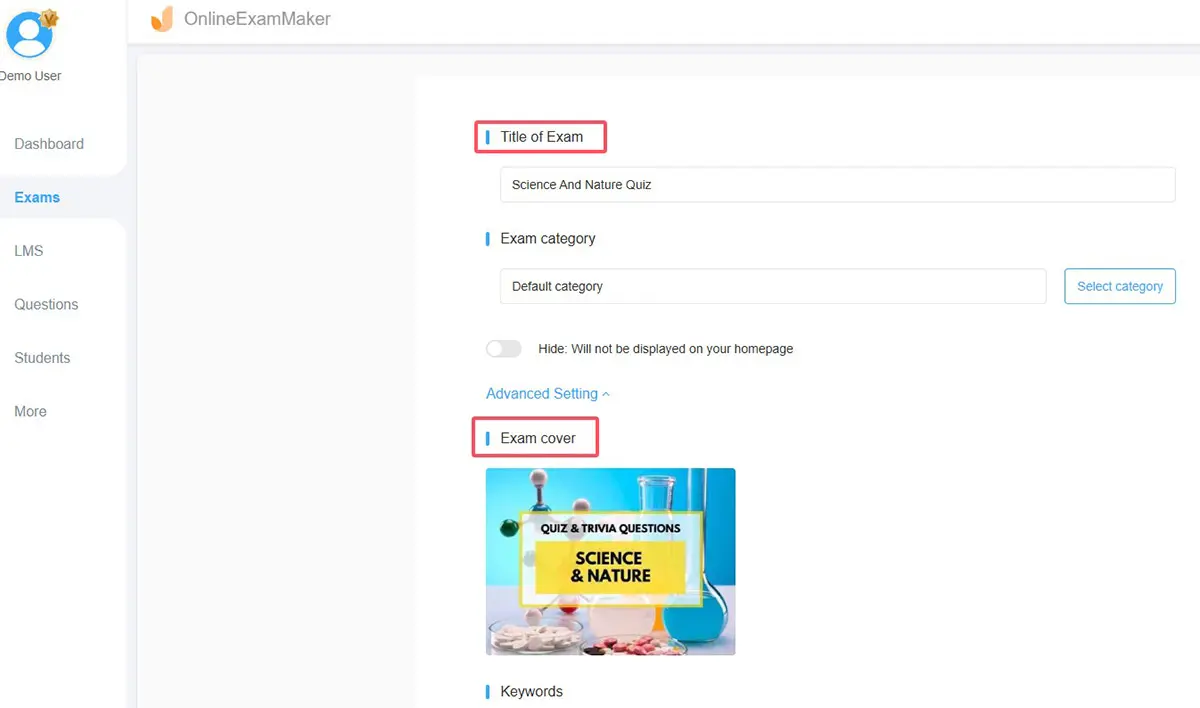
Access to OnlineExamMaker, then create a new exam, and fill exam information. Set time constraints for specific tasks to evaluate candidates’ ability to perform under pressure. For instance, you could limit the time for solving a scripting problem to simulate real-world scenarios.
Step 4. Focus on practical tasks
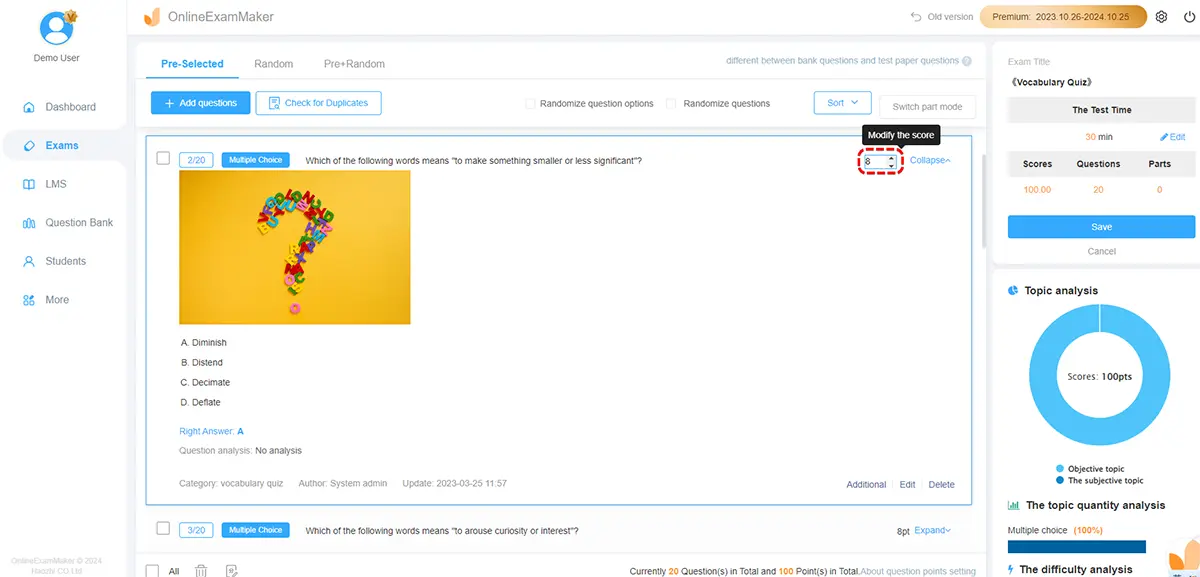
Practical assessments like writing a Bash script to automate a process or configuring a virtual server test both technical expertise and problem-solving abilities.
Step 5. Review results and select the right candidate
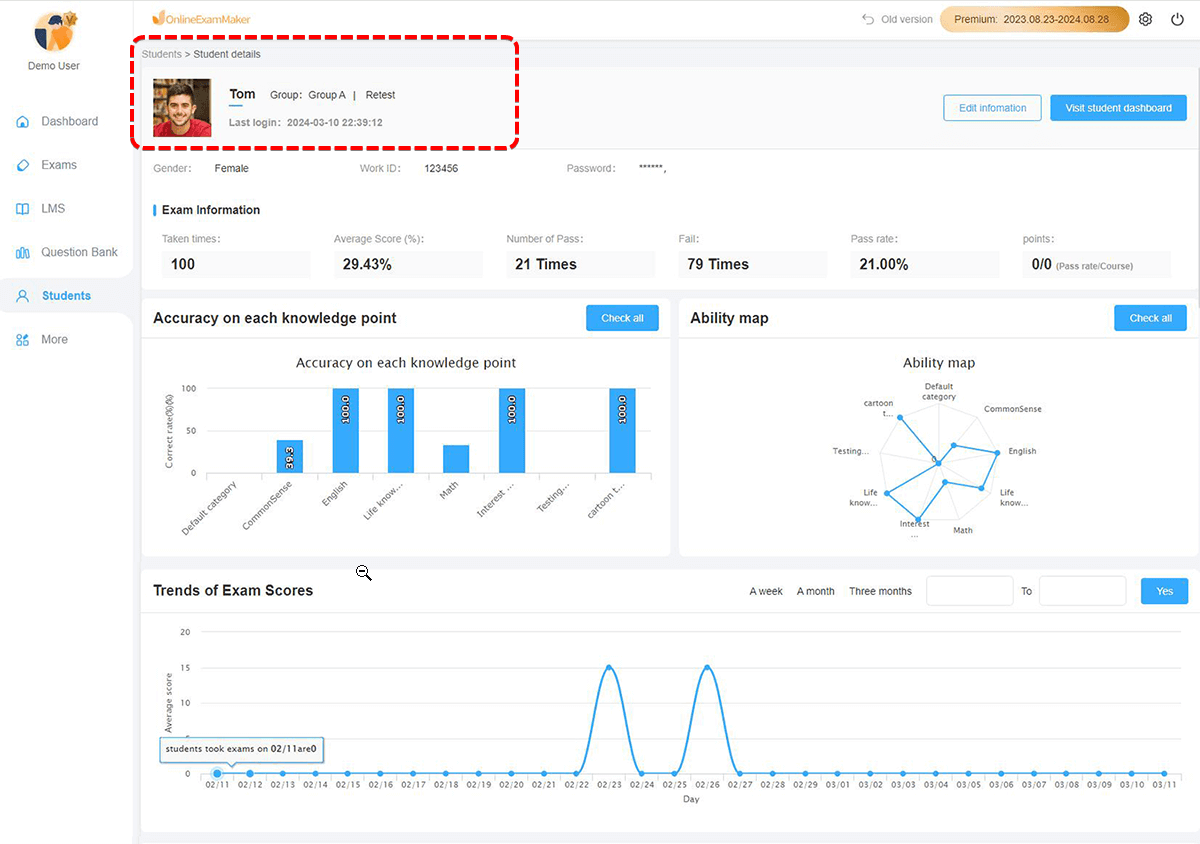
Analyze the responses not just for accuracy but also for how candidates approach problem-solving and troubleshooting. OnlineExamMaker’s reporting tools provide insights into each candidate’s performance, making it easier to identify the best fit.
5 Tips to Create A Professional Linux Coding Skills Assessment
Creating an effective Linux skills assessment involves more than just crafting questions. Here are five tips to ensure your test is professional and reliable:
1. Tailor the assessment to the role
Customize the assessment to match the job requirements. For example, if the position involves DevOps, include tasks related to containerization, CI/CD pipelines, and infrastructure automation.
2. Include real-Life scenarios
Use practical challenges to test candidates’ hands-on abilities.
For example:
• “Write a Bash script to parse log files and extract error messages.”
• “Configure a firewall rule to allow only SSH traffic.”
Such scenarios mimic actual job tasks and provide deeper insights into candidates’ problem-solving approaches.
3. Test both breadth and depth
Strike a balance between testing foundational knowledge (e.g., Linux commands) and advanced skills (e.g., troubleshooting complex network issues). This ensures you assess candidates at multiple levels of expertise.
4. Provide clear instructions
Ambiguity can confuse candidates and skew assessment results. Make sure each question has clear and concise instructions, especially for coding tasks and scenario-based questions.
5. Use automated grading for objective results
Leverage OnlineExamMaker’s automated grading features to reduce bias and save time. Predefine correct answers for multiple-choice and coding tasks so the system can evaluate them efficiently.
Conclusion
Hiring a skilled Linux engineer requires a structured and well-thought-out assessment process. By identifying the essential skills, leveraging OnlineExamMaker for evaluations, and following best practices in assessment creation, you can ensure you find the perfect fit for your team. With the right tools and approach, hiring Linux talent becomes a seamless and efficient process.